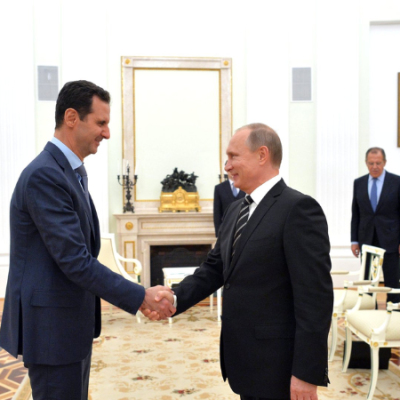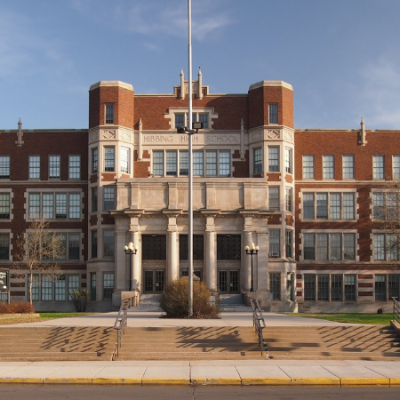Split Libya rejects the UN’s proposed election schedule

The newly appointed UN representative in Libya had wanted to hasten the long-delayed polls, but his plan has been met with resistance from the eastern-based parliament and a cool response from its opponents in Tripoli.
Abdoulaye Bathily, a diplomat from Senegal, informed the UN Security Council last month that he intended to set up a committee to oversee the conduct of presidential and legislative elections in Libya later this year.
But, his direct criticism of the two houses of parliament in the North African nation for failing to reach an agreement on a legal framework for elections has provoked a backlash that threatens to thwart Bathily’s intentions.
The opposition was “expected,” according to Khaled Al-Montasser, a professor of international relations at the University of Tripoli because both chambers’ members might lose their seats and privileges in the upcoming elections.
Read | Once closed fields are now open to women in Saudi Arabia
Despite their rivalry, both saw the UN initiative as an “attempt to impose international will on Libyans” and an “intervention in their sovereign decision-making capacity,” Montasser told AFP.
Since the 2011 uprising that ousted dictator Muammar Qaddafi, Libya has experienced more than ten years of intermittent conflict, with numerous opposing militias, international forces, and multiple administrations vying for dominance.
The nation is still divided between a reportedly interim administration in Tripoli, the capital of the west, and one in the east that is ostensibly supported by military leader Khalifa Haftar.
Even if the majority of observers believe that Libyans strongly favour elections, heated disputes about the legal justification for holding them have been a major sticking point since the most recent significant conflict between Haftar and the western Libyan forces in 2020.
The country’s House of Representatives, which is located in the east, enacted an amendment to its interim constitution last month, claiming that it would give elections a legal foundation.
Bathily, who was named director of the UN mission in Libya UNSMIL in October, claimed that the amendment was “controversial” among Libyans and lacked clarification on important matters like who might run for president.
He also pointed out that the High Council of State, the upper house of parliament with its headquarters in Tripoli, had not approved it. Bathily was criticised by the House for having “double standards” and “lack of impartiality.”
The UN envoy’s idea, according to Libyan analyst Abdallah Al-Rayes, aims to put pressure on competing Libyan factions by providing them one final opportunity before “a vote goes place without them.”
He declared, “The two chambers are masters in the art of squandering time and political horse-trading, and the international community wants to shame them.”
Abdelhamid Dbeibah’s transitional administration, based in Tripoli, has expressed its willingness to accept Bathily’s plan and asked the UN to give logistical support to that purpose.
The UN proposal would “build on progress established between” the two chambers “on the legal framework for elections,” the US embassy said in an online post last week, calling on “important Libyan officials to approach the plan in a constructive attitude.”



